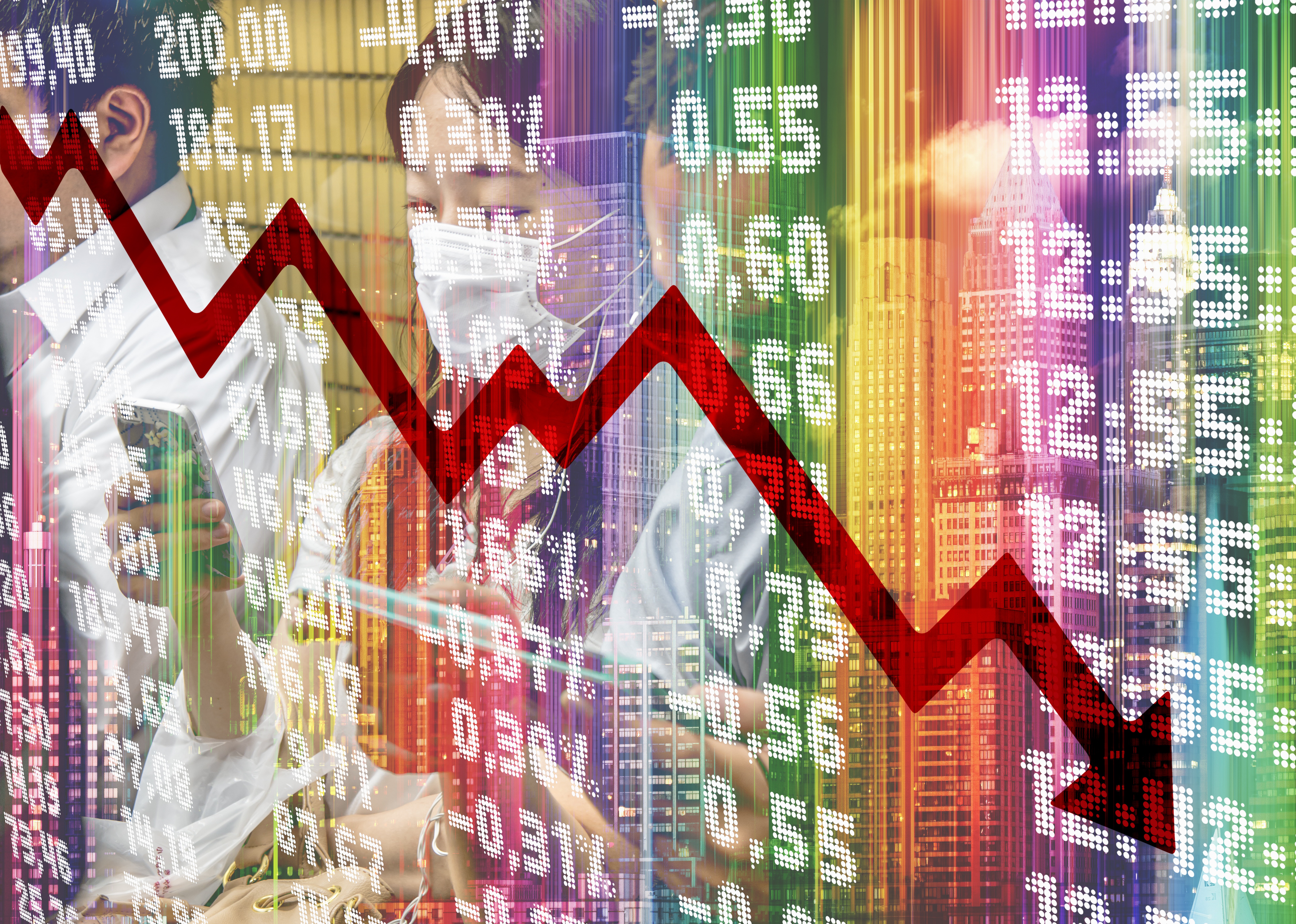March Trading Insights from David Long

Trump and his administration continue to have a profound effect on the Greenback and US stock market. Ironically, or hypocritically, they recently were called out for manipulating the currency, by none other than Mario Draghi himself. The hypocrisy is from Trump’s campaign platform of naming and shaming countries that manipulate their currency.
The US Treasury Secretary Mnuchin announced on Jan 24th that he sees no issue with the current US$ standing, in fact would prefer to see it lower. This was reversed not 24 hours later with the US President telling media that Mnuchin was misquoted and in fact they prefer a strong dollar policy. The Tres Sec then followed up in Davos that he was indeed misquoted.
For his part, Mario was having none of it. In the post ECB meeting, Mario responded with; “When someone says that basically a good exchange rate is good for exporters and it’s good for the economy and it’s good, that means it’s targeting the exchange rate,”. He then added that this does not reflect pre- agreed terms, which is admitting collusion in currency manipulation in the first place.
Shenanigans aside for now, the important pieces to come out of last week is that the ECB were happy with how the Euro is trading, reflecting the strength in their economy. Mario tried to balance this with forward guidance on QE taper (not been discussed yet), and rate rises (not going to happen this decade). So, one could expect this to be a delicate show moving forward. For as the currency rallies and remains high, this will have a negative impact on inflation and growth, thereby possibly extending the QE past September 2018.
Whilst over in the US the near opposite is the case. With the dollar down, this should spur inflation and growth (as Mnuchin was trying to say) and also push rates higher. We are already seeing rates in the US moving higher, even without the Fed raising them. The Fed is expected to keep rates steady on Feb 1st but move them in March. This rise in rates however, will eventually impact or constrain business growth. And that will affect not only capital flows but stock market gains, Trumps pet darling, the Dow Jones.
Now the ECB has been, as has the BOJ, and Yellen’s final meeting on Feb 1st unlikely to produce a move, the month ahead for February will be data dependent. The BOE, RBA and RBNZ will all meet but they too will most likely not move. The focus will be, as it should be, on economic performance. There will be a natural sell on any US dollar rally, and I would look to buy dips against it, but the data is the key. Keep an eye on your calendar and avoid heavy impacting news such as Inflation (CPI or PPI), jobs (Non-Farm Payrolls) and growth (GDP) from any economic bloc. The rest is just noise.






































